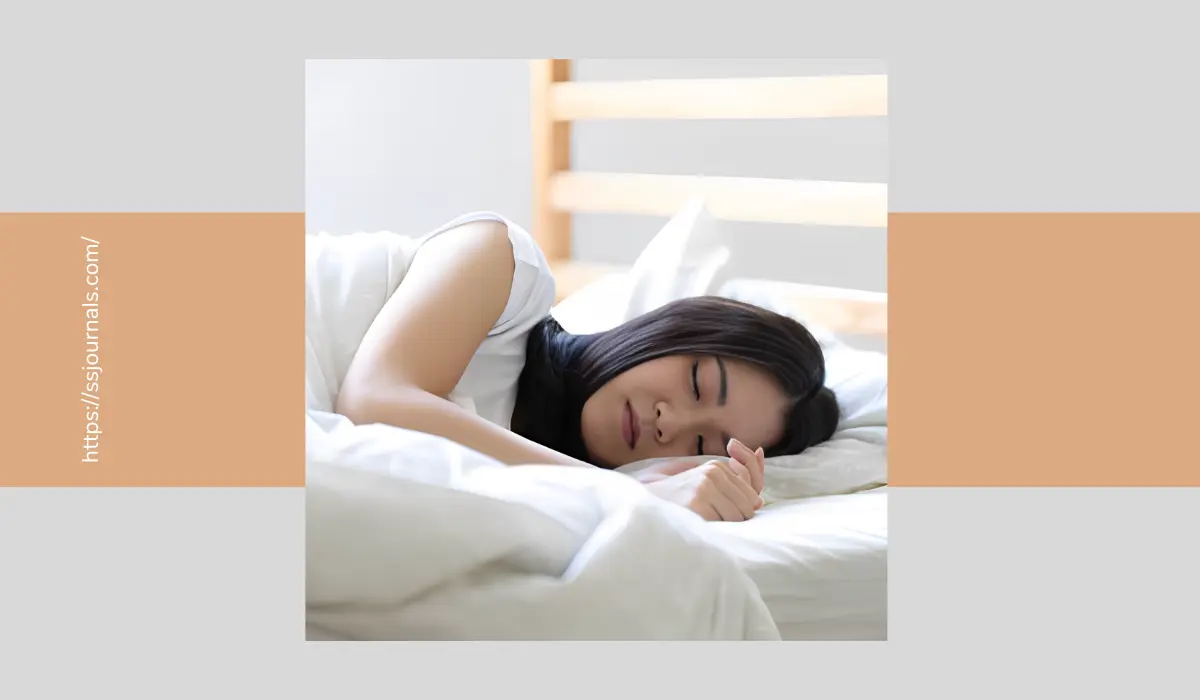The ears are one of the most vital parts of your body, and it doesn’t simply end there; it helps you balance your body as well. The ear and balance are connected through the vestibular system, which includes a sensory network within the inner ear that plays a vital role in balance. Getting hit on your ear is lethal, whether it’s from an accident or something you might not want to get into. Whatever the case, damaged or ruptured ear drums affect your daily life hearing balance and can lead to permanent damage. Then the question arises: what side should I sleep on with a ruptured eardrum?
So, a similar incident happened to me last year. I actually got into a fight, and the other dude hit my ear; it was a complete buzz after that, and my ear was beeping nonstop. Anyway, I lost my balance and fell down, and it didn’t end there; my doctor said that I had a ruptured eardrum due to trauma. After that, it took me a couple of months to heal completely. Not stretching it long, let’s dive into all the things I did to get better results and things you can do better:
What Is A Ruptured Eardrum?
To better understand your condition, you should be aware that your ears are divided into three parts: the outer, the middle, and the inner ear. Your outer ear is exposed to the environment, but your eardrum prevents anything except sound waves from getting past that.

When you suffer a trauma causing a rupture in your eardrums, it leads to a small hole in it, and that’s called a ruptured eardrum. This hole can expose your middle ear to infection, water, and other dust particles, which you wouldn’t want in there. Not only that, but it can affect your hearing capabilities for a time period as the ruptured eardrum interrupts the sound waves getting into your ear.
Symptoms Of A Ruptured Eardrum
Usually, when you get hit in your ear, and it ruptures your eardrum, there are a few things you might suffer instantly; here are they:
- When you get a ruptured eardrum, it leads to a discharge of liquids in your middle ear, and along with it, you might also get bloody drainage.
- Afterward, you might get vertigo, which is a loss of balance and control over your body.
- Then comes the intense pain and tinnitus, which usually calms down after a couple of hours.
- And all these things can make you feel like throwing up.
When you get a ruptured ear, make sure to sit down instantly and let all the discharge get out of your ear. And immediately run for your doctor’s care; it might save you from getting an infection and permanent damage. And you are concerned about “what side should I sleep on with a ruptured eardrum?” keep reading to know about it in further paras.
Causes Of A Ruptured Eardrum
Now, when you look at things that might cause a ruptured eardrum, there can literally be tons of things capable of that. As you might know by now, a ruptured ear happens due to a trauma it faces after a shock, which can come from anything. Anyway, to just put the names out there, these things here can cause you a ruptured eardrum. Have a look:
- An acoustic shock: It’s a high-frequency sound burst or blast nearby and can cause you to have a ruptured eardrum.
- Intense barotrauma: A ruptured eardrum from barotrauma is when you are suddenly exposed to high or low pressure around you.
- Internal infection: An ear infection can sometimes rupture your eardrum. It’s usually rare, but in serious cases, it can happen to anyone.
So, when you get a ruptured ear from anything that happens around you, make sure to seek a doctor’s attention as soon as possible.
What Side Should I Sleep On With A Ruptured Eardrum? How To Sleep With A Ruptured Eardrum?
One of the most simple questions is, How to sleep with a ruptured eardrum? What side should you sleep? So, you can sleep with your opposite ear under or lie down facing up. Sleeping on your damaged ear can lead to pain and bleeding while you sleep. So make sure you are sleeping with some pillows under your arms to hold your body in one place.
You can even use multiple pillows under your head and body to keep your body still throughout the night. This will keep your ear from getting sudden shocks from you taking turns. You might have to go with this type of sleeping for a month until your eardrum heals halfway.
What Not To Do When You Have A Ruptured Eardrum?
Well, some things that I messed up during my time with a ruptured ear were quite painful. So, make sure you are not doing the same. Anyway, make sure you are not poking anything inside your ear at all or blowing your nose too hard.
These things can either infect your eardrum or cause bleeding, which can lead to permanent damage. In addition to that, you shouldn’t be swimming in any circumstances until you are healed properly.
Home Care For Ruptured Eardrums
When it comes to home remedies, there are things that I did, and they benefited me a lot. Usually, when you have a ruptured eardrum, you would be prescribed painkillers, antibiotics, and other medications, which work efficiently in fastening your healing.
So, the thing you can do better is to keep your ear dry all the time. You can do that properly with cotton or silicone earplugs. In addition to that, make sure you aren’t cleaning your ear at all while drying it. Keeping these things in mind will really help you keep calm and prevent sudden pain and beeping.
What Can You Do Instantly After Getting A Ruptured Eardrum?
Usually, when you get a ruptured eardrum, you should instantly be sitting down, letting all the fluid and blood pass out. Make sure you are going to the emergency room afterward, and then follow all the home care tips. Afterward, if you are thinking, what side should I sleep on with a ruptured eardrum? Then you should lie down facing up. All the things mentioned above helped me a lot, and it might help you with your recovery as well.

